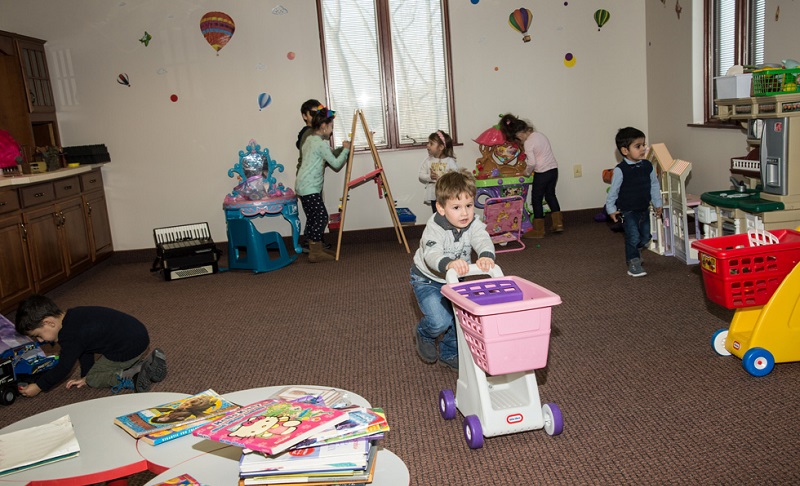The Importance of Play-Based Learning in Kids’ Development
Play-based learning is a practical and effective approach to fostering children’s development across various domains. It allows children to engage with their environment, interact with others, and explore the world around them naturally and enjoyably. Moreover, in this rapidly evolving education landscape, the value of play-based learning has stood the test of time as a transformative and holistic approach to fostering children’s overall growth.
Learn how this enchanting approach to education kindles the flames of lifelong learning, empowering children to flourish academically, emotionally, and socially while embracing the unbridled joy of being a child at play.

Why Is Play-Based Learning Important?
Here are some key benefits and importance of play-based learning in kids’ development –
- Cognitive Development
Play-based learning stimulates a child’s curiosity, problem-solving, and critical thinking abilities. Children can explore cause-and-effect relationships through play, practice sequencing, and develop their memory and concentration.
- Social and Emotional Development
Play allows children to interact with peers and adults, fostering the development of social skills, empathy, and emotional regulation. They learn to share, cooperate, negotiate, and resolve conflicts, which are essential skills for building meaningful relationships later in life.
- Language and Communication Skills
Play-based learning encourages communication and language development. Children engage in conversations, use new words, and express their thoughts and ideas, which contribute to the growth of their vocabulary and language fluency.
- Physical Development
Different forms of play, such as active outdoor play or building with blocks, promote the development of gross and fine motor skills. Running, jumping, climbing, and manipulating objects contribute to physical strength, coordination, and agility.
- Creativity and Imagination
Play-based learning stimulates children’s imagination and creativity. They can create pretend scenarios, role-play, and invent stories, which enhance their ability to think outside the box and develop innovative thinking.
- Self-Regulation and Executive Functioning
Play allows children to practice self-control, patience, and decision-making. This helps develop executive functions like planning, organizing, and managing impulses.
- Confidence and Self-Esteem
When children engage in play and experience success or overcome challenges, they gain a sense of accomplishment, which boosts their confidence and self-esteem.
- Love for Learning
Play-based learning makes learning enjoyable, positively associating with education and fostering a lifelong love for learning.
- Cultural Understanding and Adaptability
Children can explore different cultures, traditions, and perspectives through play, fostering understanding and adaptability to diverse environments.
- Reduced Stress and Anxiety
Play provides a natural outlet for children to release stress and anxiety, promoting overall well-being and mental health.
By integrating play into early education and allowing kids to learn through exploration and discovery, educators and parents can support the holistic growth of children and prepare them for success in life.
Ignite Curiosity, Inspire Brilliance with Kids World Daycare
Embrace a learning environment that sparks wonder and fuels your child’s passion for exploration. Kids World Daycare offers a nurturing space where creativity flourishes and knowledge blooms. From arts and crafts to interactive storytelling and organizing summer camps in Abington, PA, our playful approach to education ensures that your child develops essential skills while having fun. Call Us Today and let your kid participate in an exciting journey toward a bright and imaginative future.
Recent Posts
Contact Us
